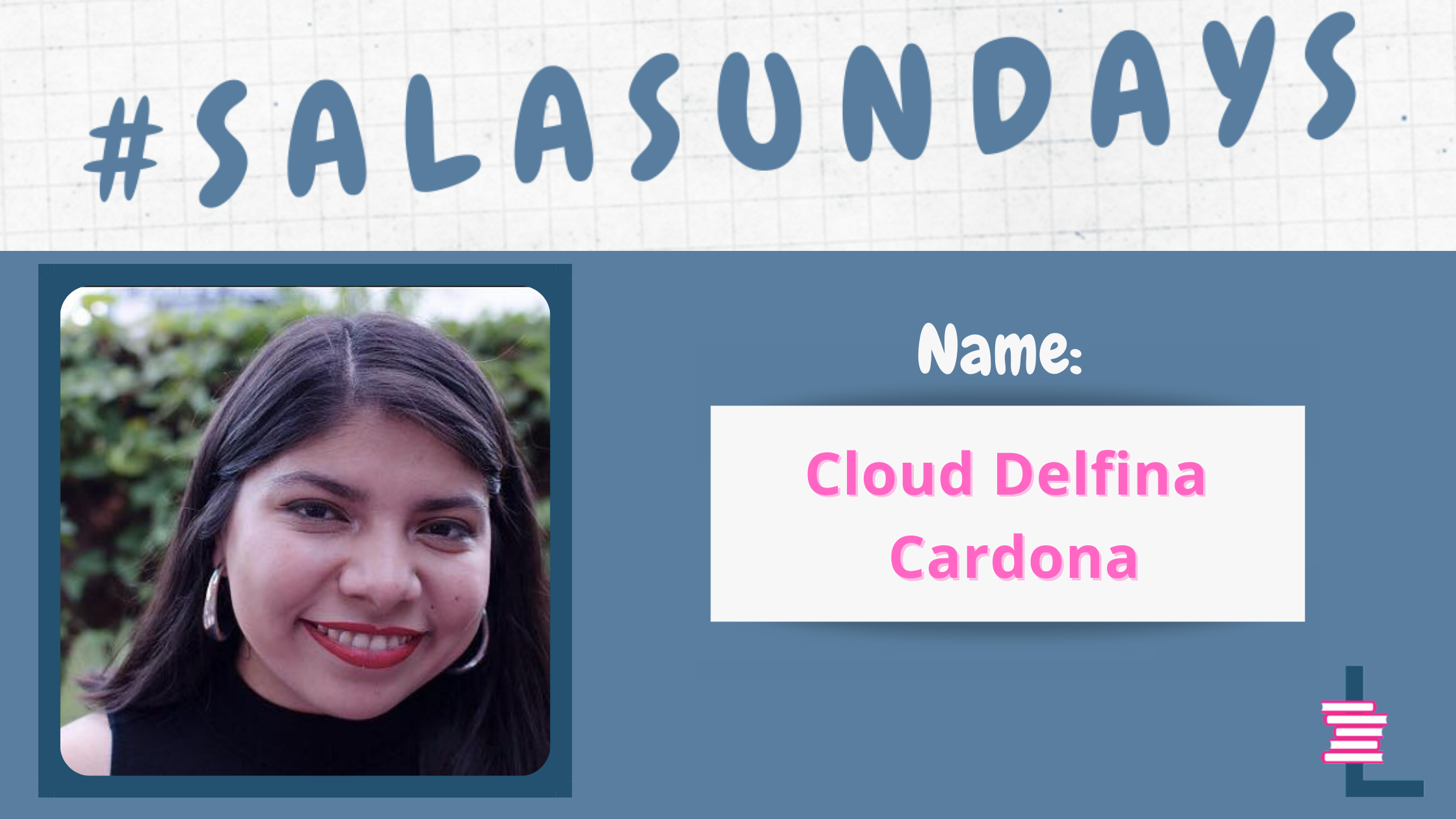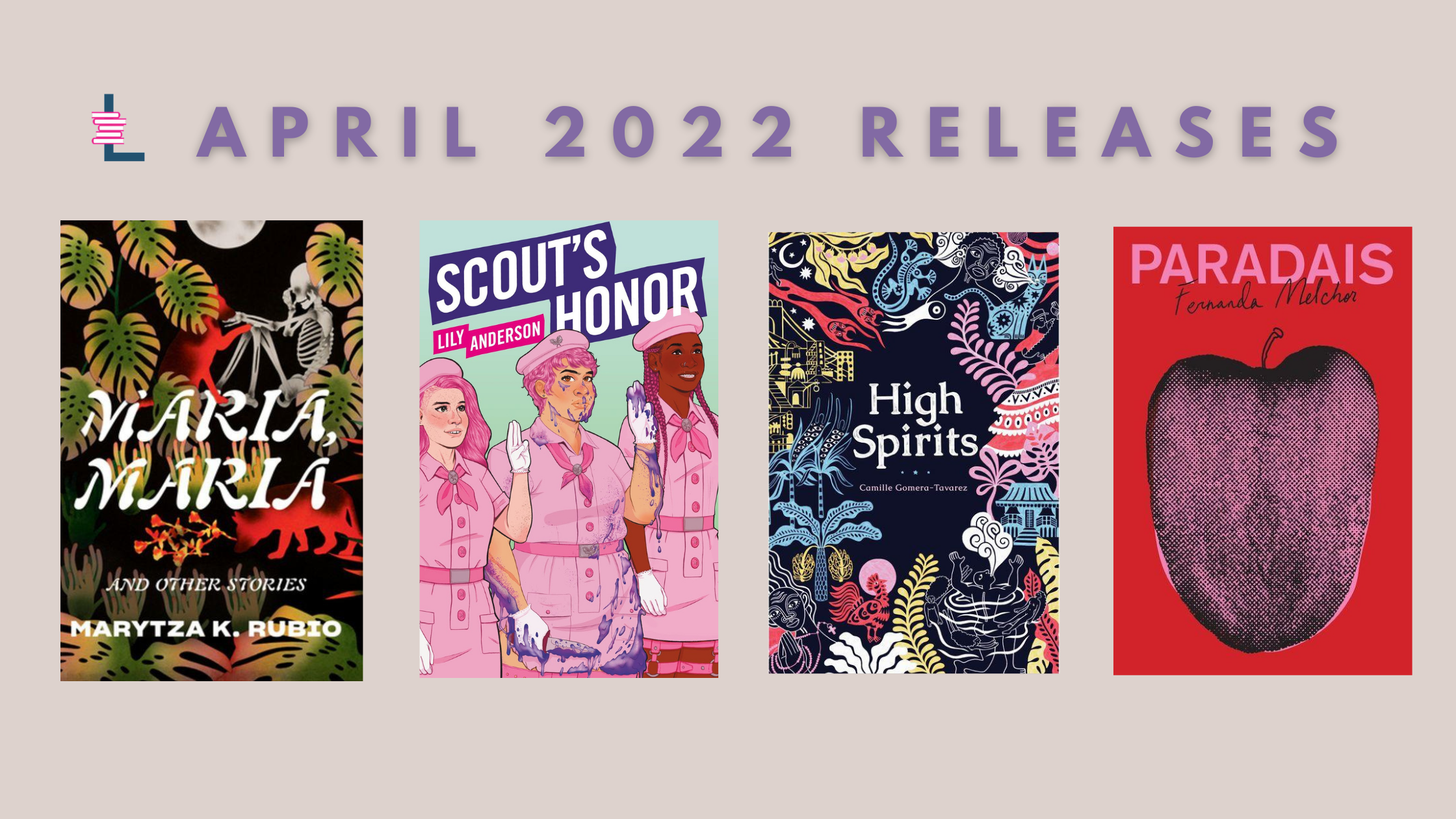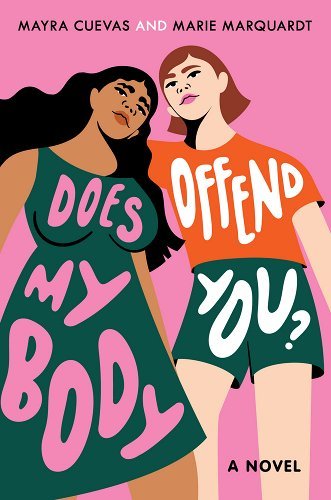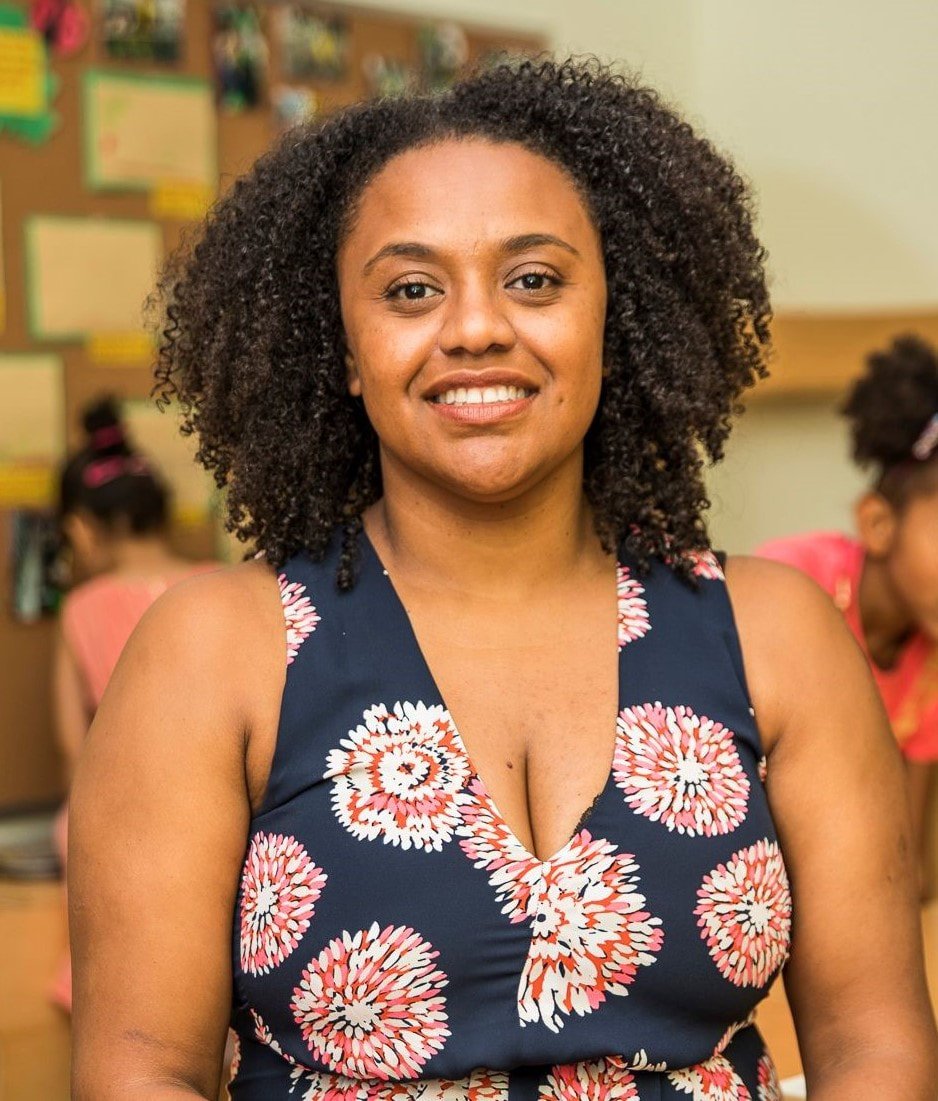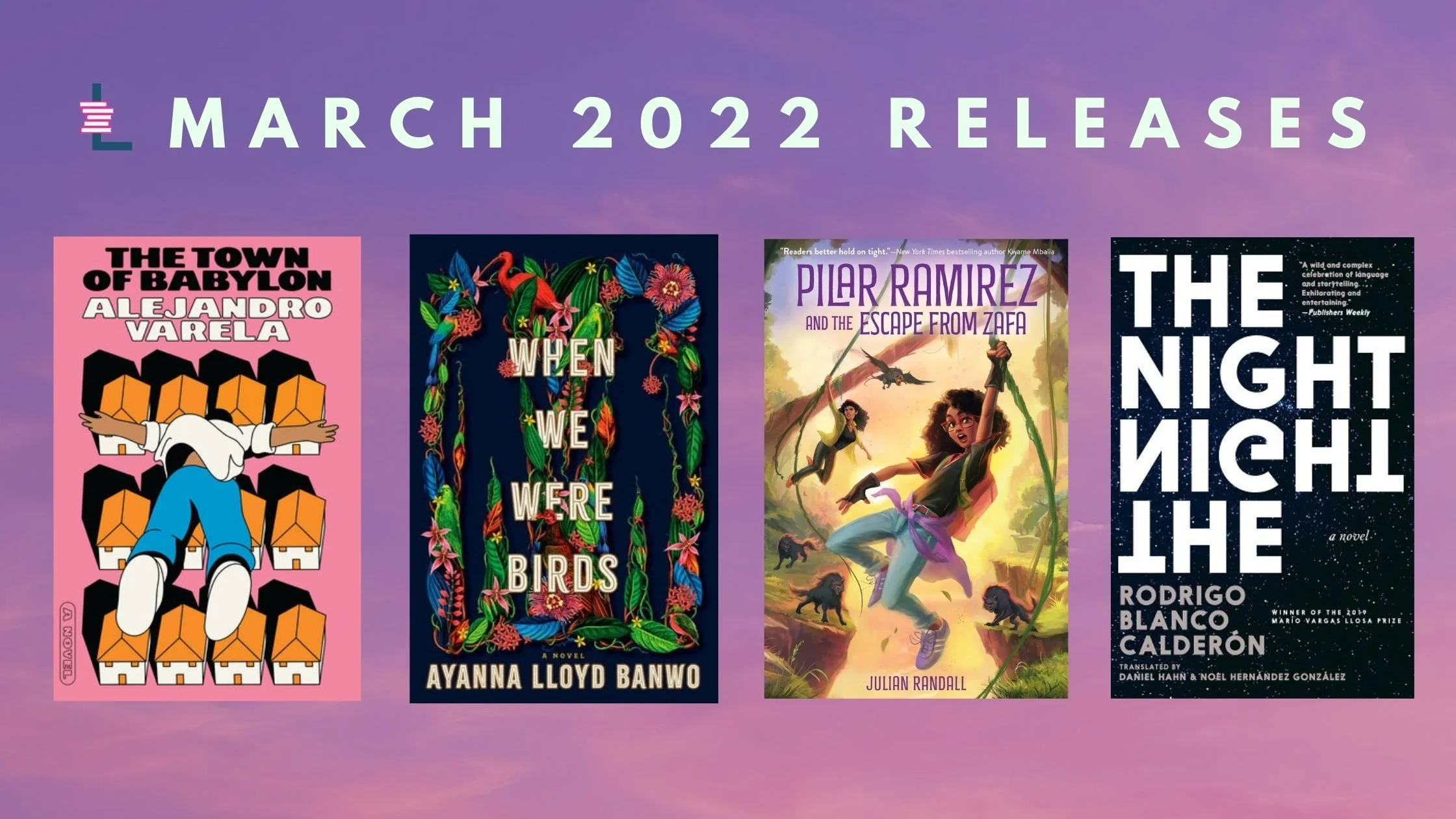Chapter One
Mira goes MIA
I always thought hair should lose its volume thirty-thousand feet in the air. Something to do with pressure or whatever, I don’t know.
“Ladies and gentlemen,” says a crackling voice from over the intercom. “We are now reaching our cruising altitude.”
Turns out I was wrong, because now I’m forty-thousand feet in the air (according to the announcement of our mumbling pilot) and not a single hair on my mop of a head is flatter. If anything, the curls have gained volume. But that’s probably from my sweat and not from the altitude. Knowing this is my first time on a plane taking me on my first trip to the Dominican Republic hasn’t helped the newly pubescent sweat glands. Oh, the joys of twelve-year-old life.
Hanging upside down probably doesn’t help either. After I’d finished my free orange juice (thank you, flight attendant), and taken approximately 5,000 photos of clouds with my new polaroid (thank you, Mom), I realized nobody had probably ever taken photos of a plane’s interior ceiling. So, like a ninja, I flipped upside down while no one was watching, placing my head where my butt should be and feet where my head should be, all without kicking my sister more than a couple of times.
Laila, my twenty-one-year-old sister/escort/butt-face, now gives me a glare, which upside down looks like a smile. The expression “turn that frown upside down” really does work then.
“Mira,” she hisses my name. “¿Estas loca?” She raises her hand to smack me, but with my head (a common space for smacking) on the seat, she hesitates, then settles for my thigh. My thigh, a surprisingly thick place for the body of a twelve-year-old, absorbs the hit like a giant gummy bear.
“Like that’s supposed to hurt,” I say with a roll of my eyes, even though she can’t see them.
“Muévete antes que alguien te vea,” she says through gritted teeth, eyes darting around the inside of the plane. Her Spanish, fast and mumbled, reaches my ears at the pace of molasses (which, after hearing that expression for years actually made sense when I mixed molasses into jalao, a Dominican dessert cooked for Laila’s visit. That stuff is thicker than my thighs). But when it finally does reach me, I roll my eyes again. We’re the only people in our row, the aisle seat empty beside us, so why is she worried about who sees me?
There is another person on the row behind us who might be wondering why there are flip-flops in their face, but I solve that problem by folding my legs into a crisscross applesauce pose against the seat. “Happy?” I ask, gesturing to my legs.
“No entiendo esa mujer que te está criando.” I assume her bad mouth comment is referring to our mother, who Laila only greeted with half-hearted hellos and side cheek kisses on her short half day trip to pick me up. Mom, raised on the idea that southern hospitality is something earned, is as sweet as the jalao she took two hours making for Laila. That is to say, pretty dang sweet. Morning snuggles, ear to ear smiles during school pick-ups, and high-pitched belly laughs accompany her wherever she goes. You would think after four years Laila would at least give her a hug.
But then again, will I give Papi a hug?
I was eight years old when Papi decided to pack up his life in our South Charlotte home in North Carolina and move back to the Dominican Republic. I guess that’s what he did when he left the DR in the first place, but it still doesn’t make it fair. Laila, a whopping nine years older than me, was seventeen the summer he left. She was turning eighteen that September, and so Mom didn’t put up a fight when Laila declared she’d be leaving with him.
And yeah, alright, I sort of get why Papi left. Coming to a country where you don’t speak the language, hopping from job to job for eighteen years, only visiting your family over video chat, that must suck. But Laila? What reason did she have to leave?
“Mira, Mira,” she says, using a phrase Papi often used. Mira, the Spanish word for look, is pretty ironic when you get to know me. I’m never looking in the right place, so I’m constantly asked to look somewhere different, hence mira, Mira. “Déjate la locura,” Laila continues to lecture me, but I raise my hand, a signal for her to stop.
“Just tell me whatever you want in English, you still speak that right?”
Ok, it’s not that I don’t speak Spanish. I do. Really. Cross my heart and all that stuff. If you asked me to say something to you in Spanish (which a lot of people do), I could probably sound pretty convincing. Which I am because I speak Spanish. Remember? But not Papi’s Spanish. That left with him.
My Spanish, hanging by a thread made of Univision soap operas, has suffered to say the least. Papi was the only one who spoke it to me. Though my mom, whose Spanish isn’t half bad, occasionally attempted to revive the tradition, it always felt weird. Spanish was me and Papi’s thing, not me and Mom’s. She’d only recently learned it after doing volunteer work for the Peace Corps or something like that. She met Papi right before she was set to leave. Mom probably didn’t expect to be speaking it the rest of her life, even if her only two daughters shared a Dominican dad.
In the pause that follows I imagine Laila rolling her eyes, because, you know, hanging upside down and all it’s kind of hard to tell. “Abuela only speaks Spanish, remember? You’re going to have to speak it with her.”
Right, Abuela. The reason I’m here in the first place.
It’s not like I never wondered what it was like in the DR. I always imagined the town where Papi grew up was some tropical fairy tale. A place where bachata played on the streets 24/7, like it used to at our house on Saturday mornings. Somewhere you could walk to the beach and spend all day on the sand just because you felt like it. At least, that’s how Papi described it. But it’s not like going there was ever in the cards. Flights and passports are expensive. According to Mom it was enough trouble getting Papi out here in the first place. So, for me, Papi’s home would always be a place in the story books.
That is, until I discovered Papi’s town had a name. I mean, yeah, it probably always did, but it was the first I’d ever heard of it.
Mom kept a bunch of stuff in the closet under the stairs, including a treasure trove of disposable cameras from the nineteenth century she’d never developed. Just having discovered my love of photography, I begged Mom to develop them with me, which she agreed to, if I could find a place that still did that kind of thing. Much to her chagrin, Walmart did, in this the year of our lord, 2015.
The first picture sitting in the white envelope was of my parents, both on a motorcycle. I recognized my mom, even if a little younger, from her familiar warm smile, her easily sunburned skin, and loose brown hair. Papi held the handlebars at the front, and only his eyes were visible as he wore a helmet, but they were just as bright as my mother’s, pulled into a smile. What a difference a few years could make.
They sat in front of a big sign with white letters that read, AZUA.
What was Azua?
When I asked my mom, she took the photo and a smile curled at the corners of her mouth. “Oh, I remember this day. We were visiting your father’s family, in his hometown, Azua.”
The way she pronounced it, with the z more like a swift s, unlocked something in me.
Azua was where my dad grew up.
And I wanted to see it.
At first it was only supposed to be a week, but when Abuela (a woman I’d only ever spoken to on the phone) found out it turned into a month. With some more prodding it became the whole summer.
Mom kept telling me I didn’t have to go if I didn’t want to, that Abuela would get over it if I didn’t stay the whole time, and I’ll admit, the offer was tempting. Everything was familiar about Mom’s waffles on Saturday mornings, fourth of July barbecue in Uncle Scott and Aunt Lizzie’s backyard, and every conversation together being an English one.
But all of it was in North Carolina, where people sometimes thought I was adopted because my brown skin didn’t match my mom’s. A place where my very existence was a mystery.
So, I had to go. Have to go. Even if the only way to get there is on a boring airplane.
“My Spanish will do,” is all I tell Laila, crossing my arms. But she either doesn’t see my sass or acknowledge it, because she turns her head back to the phone in her lap. She’s supposed to be on airplane mode.
Two can play at this game. I ignore the blood rushing to my head and reach for a pamphlet in the netted pocket on the seat in front of me, perfectly content to read upside down and disregard Laila’s existence.
I picked out a Dominican brochure, apparently. I flip through pages of advertisements about resort rates and timeshares, but admire the beach pictures, taking note of the photographers names in the tiniest of font sizes. Imagine having thousands—no, millions of people looking at your pictures immortalized on a magazine page, guiding their decision about whether or not to visit a place. That’s the power of a good picture.
But eventually the blue skies and oceans are interrupted by a page about history. Dominican history to be exact. The title says, “Una Vista Al Pasado: El Museo Del Hombre Dominicano,” which takes me approximately three more seconds to understand as “A Look into the Past: The Museum of the Dominican Man”. See, I speak Spanish, remember?
The spread advertises a museum in Santo Domingo about people who lived on the island a bajillion years ago, people called the Taino. I skim through boring entries about Columbus and his girly-named boats, but linger on words I don’t understand.
Opia. Zemi. Boriken.
Apparently, all are from the Taino language. Some are explained. Zemis were the gods they worshipped. Opia were what the Taino called spirits of the dead, and traveled the island by day in the form of bats. Imagine dying and waking up to find you have to live out the rest of your existence as a bat? Gross.
There are a few words I surprisingly recognize. Piragua. Juracan.
Papi used to shout “PIRAGUA!” at the top of his lungs when he heard the ice cream truck meandering down the street. And Juracan…well that was just huracán with a J. Or in English…
Hurricane.
Suddenly, the plane jolts. My head slides off the seat, hitting the floor, and my legs follow suit, crumpling in over myself. I don’t know where the magazine goes, but it goes flying.
Laila hisses at me, “¡Levántate!” and this time I don’t throw her any sass. I sit up to find the sky dark outside my window, and fat clumps of rain speeding past the glass. We’re not going to crash, I tell myself. Planes fly in storms all the time. But I still grip the armrests until my knuckles are white.
I crane my neck to see the flight attendant who’s surprisingly calm, still passing out orange juice. Who needs orange juice at a time like this, lady?!
But then I look to Laila, scrolling through her phone again, and then the other passengers, right as rain. Or bored as…mud? Either way, nobody is freaking out.
I try to relax in my seat. We’re not going to crash. Planes fly in storms. We’re not going to crash. Planes fly in storms.
A streak of lightning illuminates the cabin, followed by a loud BOOM of thunder. We bounce forcefully. The flight attendant’s orange juice splashes on the floor. She frantically pulls her cart back to the front. Not good.
“Passengers,” another voice says over the intercom. “For your safety please remain seated with your seatbelts securely fastened.”
I fumble for my strap, but before I can clamp it down we hit another harsh bump and my head nearly slams the air vents. Laila clicks the belt in place for me, muttering under her breath Spanish words that are too quiet for me to hear.
“We’re not going to crash,” I say aloud. “Planes fly in storms. We’re not going to crash. Planes fly in storms.”
“Shut up!” Laila shouts at me, but her voice is muffled by another crash of thunder.
Suddenly, the plane makes a violent jerk. All of the passengers’ heads whip to the side. The lights go out. And then my stomach drops. We must be falling. Someone is screaming. Maybe it’s me. I don’t know, because either way we’re going to crash! This plane does not fly in storms and we’re going to crash!
We’re going to crash! We’re going to crash! WE’RE GOING TO CRASH!!!
Click.
The lights turn back on. The screaming stops. The plane settles. Are we still going to crash?
“Ladies and gentlemen, we apologize for the electrical difficulties,” the intercom says again. “Please stay seated as we continue our flight.”
I let out a breath and slump into my seat. No, we’re not going to crash. I squint out my window to see the clouds lightening from gray to white, but find something else instead.
Outside, amidst the rain and wind, not three feet from me, someone is standing on the wing of the plane.
I don’t have time to even gasp before they swing their head in my direction, as if sensing I’ve caught them. I don’t find the eyes of some creepy monster though, I find nothing. Nothing at all. BECAUSE THEY DON’T HAVE A FACE.
No eyes, no mouth, no nose, nothing but flat gray skin. I must be seeing things. I rub my eyes but the faceless man doesn’t go away.
I turn to my sister. “Laila—do you see that?!”
“What?”
“There on the wing, something’s out there!”
I point to the window but she doesn’t turn her head. “Mira, shut up…”
“Just look there’s a—”
But when I look again, it’s gone. The person without a face is gone.
“¡Conchale, Mira!” Laila says with a grunt of pain. I realize I’m gripping her arm, and my nails are digging into flesh under her sleeve.
I let go, saying, “But there was a man. On the wing of the plane. He didn’t have—”
“Have what?” Laila barks.
The whole thing happened in a matter of five seconds, tops. Already the rain has turned to a drizzle and the sun is parting from the clouds.
“Never mind,” I say quietly.
“Thank you for your patience,” the flight attendant says. “We will begin our descent shortly.”
She continues on about temperatures and time zones, but I’m too stunned to listen. I swear I saw someone. But who?
Used with permission from the author, copyright (c) Giselle Abreu, 2021.




